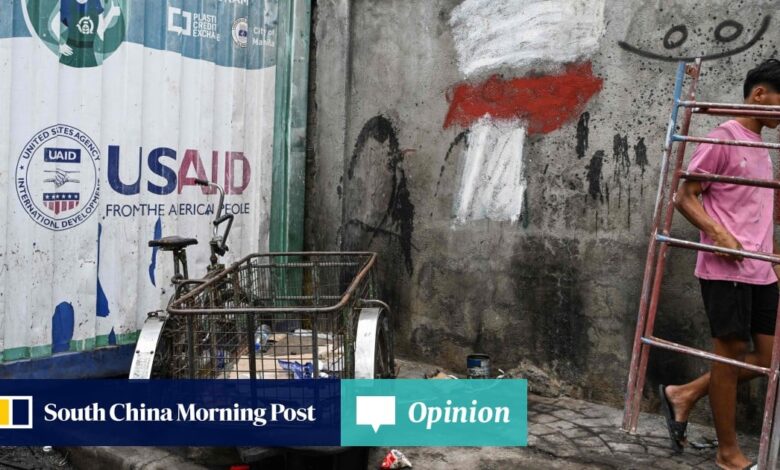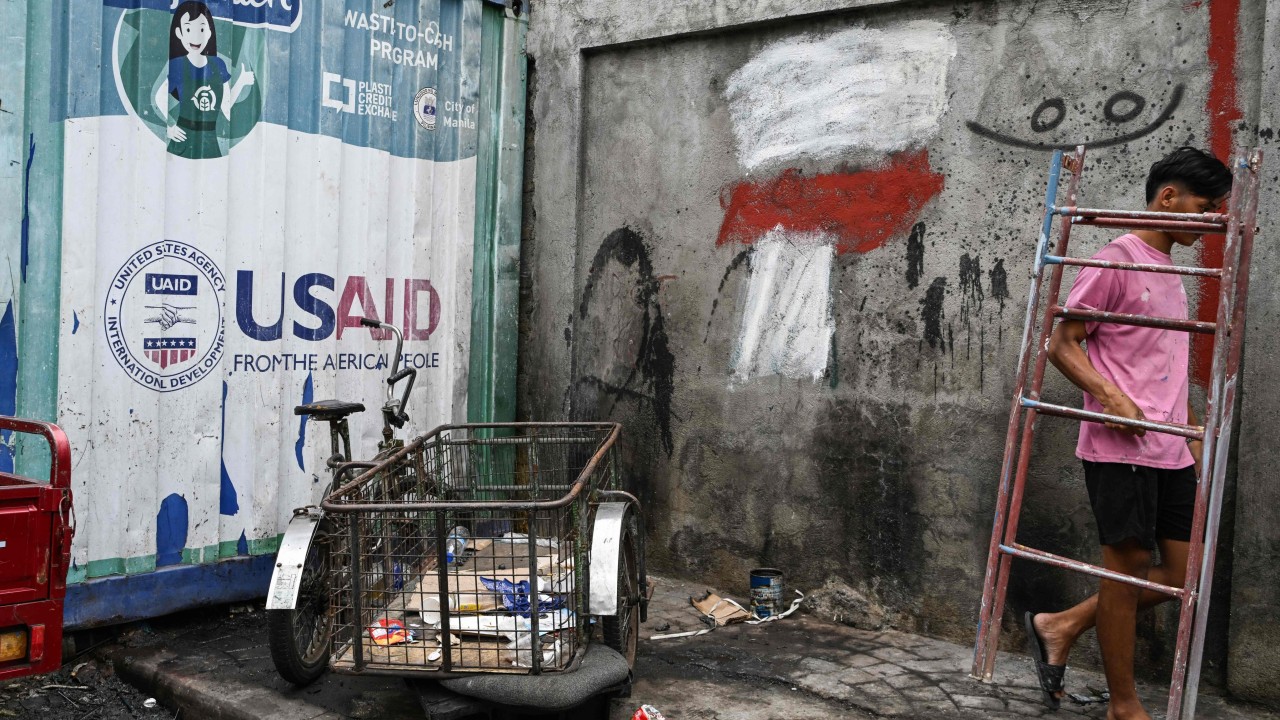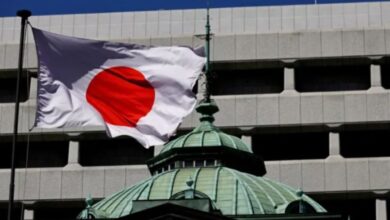New Business
Opinion | Can the US keep the upper hand over China in the Philippines?


A foreign aid freeze, uncertain security guarantees and fears of being marginalised in great power deals have stirred unease in the Philippines as US President Donald Trump’s policy takes form. The opening salvo of the second Trump term has sent jitters through Manila, which stands on the front line of regional flashpoints.
Trump’s immigration policy could immediately affect overseas Filipinos and remittances. An estimated 300,000 Filipinos without legal status in the US are at risk of being deported. Repatriating them requires logistics and reintegrating them would entail costs. The US is the biggest source of cash remittances to the Philippines.
Providing legal assistance to these Filipino immigrants and possibly negotiating for a longer grace period to regularise their stay can be discussed. Worryingly, Trump’s actions may also shape discourse in other Western countries where anti-immigrant views are on the rise.
Trump’s economic approach is another source of concern. Tariffs or threats to impose them against rivals, neighbours and allies alike unsettle markets. High tariffs on goods containing Chinese inputs may also affect producers sourcing materials from China. Trump’s tariffs will hurt Southeast Asian economies.
China is the Philippines’ top source of imports, while the US is among its main markets. Both countries will need to have serious conversations on the rules of origin to mitigate adverse effects on trade and intertwined global production chains.
Source link



